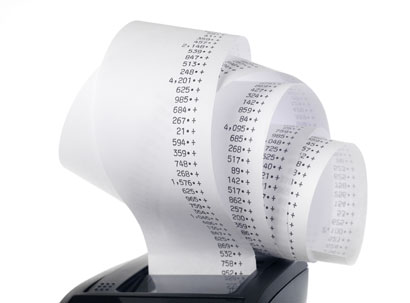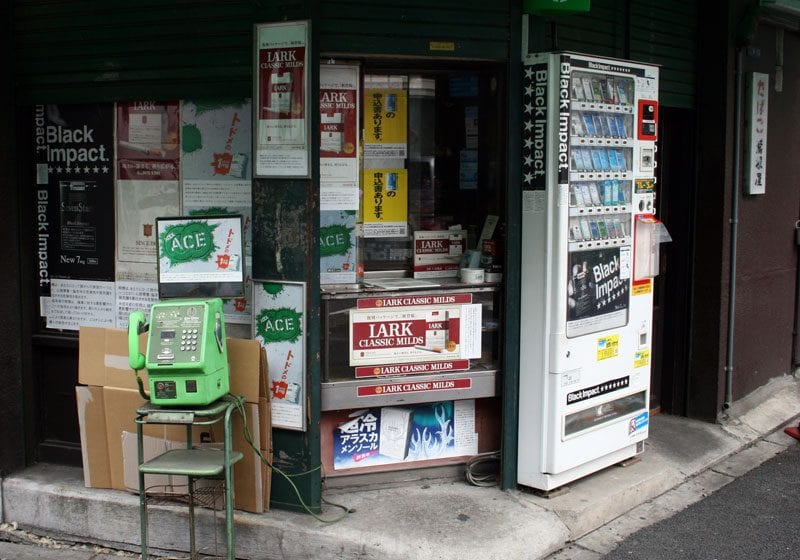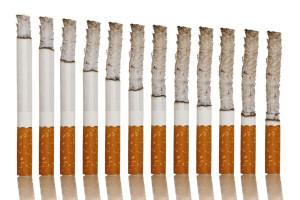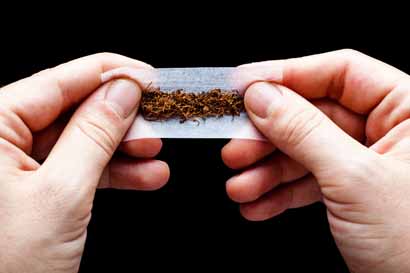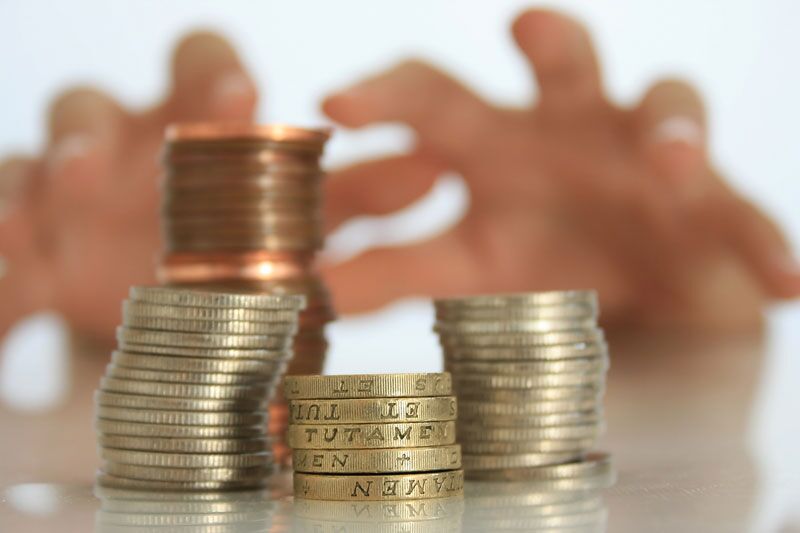Indonesia’s finance minister, Sri Mulyani, has suggested using revenue from the country’s tobacco excise tax to cover the health and social security agency’s (BPJS) annual funding shortfall of IDR9 trillion (US$664 million), according to a story by Coconuts Jakarta relayed by the TMA.
The reason given was that tobacco-related illnesses contributed to the deficit.
The story claimed that smoking prevalence in Indonesia might be as high as 70 percent among adult males.
Indonesia is said to suffer more than 200,000 tobacco-related deaths a year.
“Many people are sick due to smoking, so it’s logical that it should become one of the solutions, meaning using state revenue coming from tobacco products,” the finance minister said.
Boediarso Teguh Widodo, a director general at the ministry, estimated that government revenue from tobacco was about IDR14 trillion (US$1.03 billion) and of that about IDR5 trillion (US$369 million) could be earmarked for BPJS.

